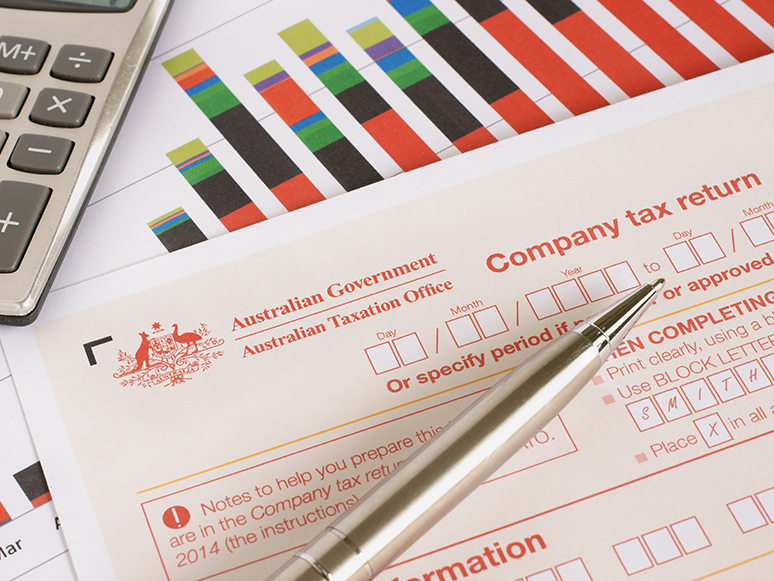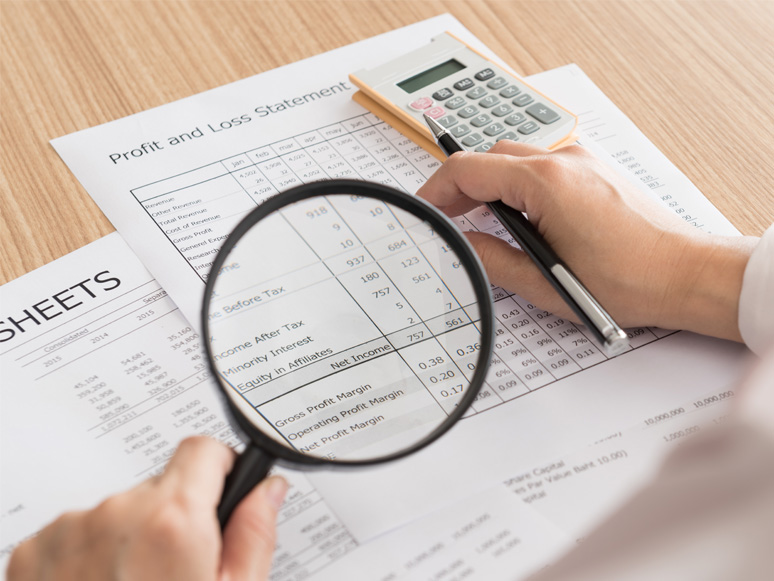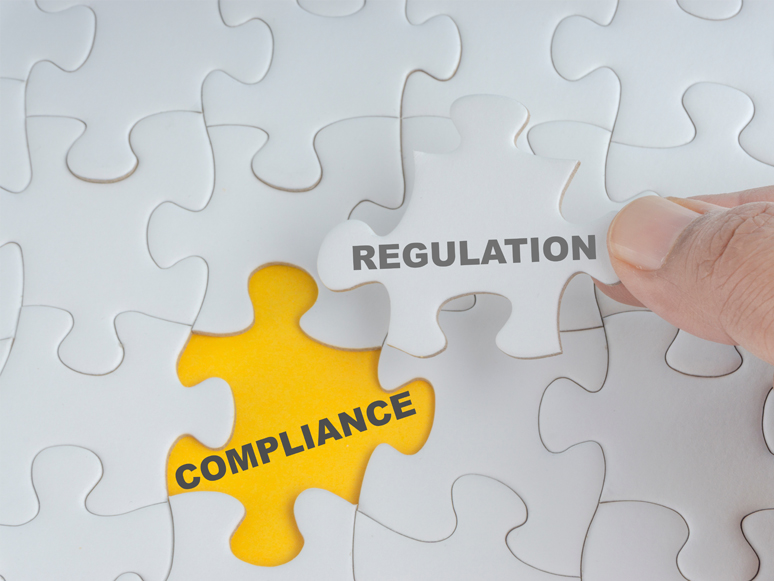logo


24th Aug, 2021

If your business is experiencing financial difficulties due to the latest lockdowns, the ATO may be able to help by processing your tax return faster and expediting the release of any refund to you. To be eligible for priority processing, you’ll need to apply to the ATO and provide supporting documents (within four weeks of your submission) outlining your circumstances. “Financial difficulty” may include many situations such as disconnection of an essential service, pending legal action or repossession of a business vehicle.
You can apply for ATO priority processing over the phone or through your tax professional after the lodgment of the tax return in question. Once the initial request for priority processing is received, you’ll be notified and contacted if more information is required. Processing will take more time for businesses that have lodged several years’ worth of income tax returns of amendments at the same time, and those that have unresolved tax debts.
Before lodging any priority processing request, check the progress of your return through online services, over the phone or by contacting us as your tax professional. If the return is in the final stages of processing, you may not need to lodge a priority processing request – the return will be finalised before the ATO has an opportunity to consider the request.
24th Aug, 2021

If your business or employment income has been affected by recent COVID-19 related lockdowns in New South Wales, Victoria and South Australia, financial help is available from both the state and Federal governments. Depending on the length of the lockdown, businesses may be eligible to receive a co-funded small and medium business support payment, as well as various cash grants.
For small and medium businesses, depending on the length of the lockdown, the Federal government will fund up to 50% small and medium business support payments to be administered by the states.
Non-employing businesses (eg sole traders) will also be eligible.
The Federal government will also seek to make various state business grants tax exempt and provide support for taxpayers through the ATO with reduced payment plans, waiving interest charges on late payments and varying instalments on request.
For individuals, the COVID-19 Disaster Payment will be available in any state or territory where a lockdown has been imposed under a state public health order.
Eligible businesses will be able to claim state government grants under the business grants program. Smaller and micro businesses that experience a specified decline will be eligible for a payment per fortnight of restrictions.
Payroll tax waivers will be available for certain businesses, as well as payroll tax deferrals and interest free payment plans.
Commercial, retail and residential landlords who provide rental relief to financially distressed tenants will be able to claim land tax relief. Residential landlords that are not liable for land tax may be able to claim a capped grant where they reduce rent for tenants.
The NSW government will also be protecting tenants with a short-term eviction moratorium for rental arrears
where a residential tenant suffers a loss of income due to COVID-19 and meets a range of other criteria. There will also be no recovery of security bonds, lockouts or evictions of impacted retail/commercial tenants prior to mediation.
Businesses in Victoria will be provided with cash grants from the state government. These payments will be automatically made to eligible businesses and sole traders to minimise delays. The state government estimates that up to 90,000 business that previously received assistance payments in relation to previous lockdowns will receive the new cash grants.
Small and medium-sized businesses that suffer a significant loss of income or were forced to close as a result of South Australia’s seven-day lockdown are being offered an emergency cash grant as part of a $100 million business support package. The package also includes a new cash grant for eligible small businesses that don’t employ staff.
In addition, the SA government will provide fully-funded income support payments for eligible workers in regional SA who live or work outside of the Commonwealth-declared “hotspot” local government areas, and are therefore not entitled to the Federal COVID-19 Disaster Payment.
01st Jul, 2021

Over 600,000 Australian taxpayers have invested in crypto-assets in recent years. The ATO has recently issued a reminder that although many people may believe that gains made through cryptocurrency trading are tax-free, or only taxable when the holdings are cashed back into “real” Australian dollars, this is not the case – capital gains tax (CGT) does apply to crypto-asset gains or losses.
While it may appear that cryptocurrencies operate in an anonymous digital world, the ATO does closely track where these assets interact with the “real” financial world through data from banks, financial institutions and cryptocurrency online exchanges, following the money back to the taxpayer.
This year the ATO will write to around 100,000 people with cryptocurrency assets explaining their tax obligations and urging them to review their previously lodged returns. It also expects to prompt 300,000 taxpayers to report their cryptocurrency capital gains or losses as they lodge their 2021 tax returns.
Alongside these communications, the ATO is beginning a new data-matching program focused on crypto-asset transactions. It will acquire account identification and transaction data from cryptocurrency designated service providers for the 2021 financial year through to the 2023 financial year inclusively. The ATO estimates that the records relating to approximately 400,000 to 600,000 individuals will be obtained each financial year.
01st Jul, 2021

Businesses that have accessed government economic stimulus measures need to take extra care this tax time. The ATO has announced that it will increase its scrutiny, conducting compliance activity on various economic stimulus measures introduced to help businesses recover from the effects of COVID-19.
These stimulus measures include loss carry-back, temporary full expensing and accelerated depreciation.
While the ATO will continue to support businesses, most of whom are doing the right thing, it is looking at behaviour or development of schemes designed to deliberately exploit various stimulus measures. All taxpayers who’ve used the schemes should review their claims to ensure they are eligible, and that the amounts claimed are correct.
The loss carry-back measure allows eligible corporate entities to claim a refundable tax offset in their 2020– 2021 and 2021–2022 company tax returns. In essence, companies get to “carry back” losses to earlier years in which there were income tax liabilities, which may result in a cash refund or a reduced tax liability.
The temporary full expensing measure allows immediately deducting the business portion of the cost of eligible new depreciating assets or improvements. Eligible businesses also have access to the accelerated depreciation measure for the 2019–2020 and 2020–2021 income years, in which the cost of new depreciating assets can be deducted at an accelerated rate.
The ATO will review claims as part of its tax time compliance activities as well as actively identifying tax schemes and arrangements seeking to exploit those schemes. The ATO will actively pursue concerning or fraudulent behaviours, including imposing financial penalties, prosecution and imprisonment for the most serious of cases.
01st Jul, 2021

Would you like to hold a wine collection, artworks, or a classic car in your self managed superannuation fund (SMSF)? Well, you can if you follow some strict rules.
Firstly, the investment in collectibles or personal use assets must be for genuine retirement purposes and not to provide any present day benefit to either the members of the SMSF or related parties. Secondly, the assets cannot be used by members or related parties in any capacity. Thirdly, the asset must be insured in the fund’s name within seven days of acquisition. All of these requirements, plus other rules, need to be met to avoid falling afoul of super rules.
This means that whatever collectable or personal use asset your SMSF purchases, it can’t be used by members or related parties in any capacity. Consider a classic car: if it is owned by the SMSF as an investment, it cannot be driven by a member or any related party for any reason. This holds true even if the only reason for driving the car is to maintain it or to perform restoration work.
The rules also mean that any collectable or personal use asset owned by your SMSF can’t be stored at the private residence of any member or related party.
However, the asset can be stored – not displayed – in non-private-residence premises owned by a related party. For example, an artwork can’t be displayed in the business premises of a related party where it would be visible to clients and employees, but it could be stored in a cupboard. It could also be leased to unrelated parties on arm’s length terms.
The ability to insure must also be considered where your SMSF is investing in collectables or personal use assets. The items must be insured within seven days, under either separate policies or one collective policy. The owner and beneficiary of the policy must be the SMSF itself. If the SMSF has already made the investment but cannot to obtain insurance, the ATO must be notified.
20th May, 2021

The Government will introduce legislation to allow small businesses to pause or modify ATO debt recovery action where the debt is being disputed in the Administrative Appeals Tribunal (AAT). Treasurer Josh Frydenberg had earlier announced this measure on 8 May 2021.
Specifically, the changes will allow the Small Business Taxation Division of the AAT to pause or modify any ATO debt recovery actions – such as garnishee notices and the recovery of general interest charge (GIC) or related penalties – until the underlying dispute is resolved by the AAT. This measure is intended to provide an avenue for small businesses to ensure they are not required to start paying a disputed debt until the matter has been determined by the AAT.
Small business entities (including individuals carrying on a business) with an aggregated turnover of less than $10 million per year will be eligible to use the option. The AAT will be required to “have regard to the integrity of the tax system” in deciding whether to pause or modify the ATO’s debt recovery actions.
Changes welcomed
The Australian Small Business and Family Enterprise Ombudsman has welcomed the changes. The Ombudsman, Mr Bruce, stated that small businesses could save “thousands of dollars in legal fees”, as well as up to two months waiting for a ruling. The Ombudsman also noted this measure was a key recommendation in its report A tax system that works for small business.